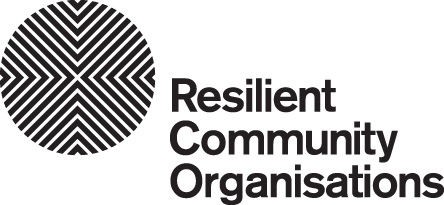Coordination and Collaboration
Coordination and collaboration in service delivery provides best outcomes for clients and communities. It enables us organisations to utilise our resources most effectively and creates unparalleled opportunities to learn and inspire each other.
This is equally true in disasters and emergencies.
Community organisations need to work with each other:
- To better understand their local communities risks and implications
- To agree on who does what in a disaster or emergency
- To learn from past experiences at dealing with disasters and emergencies.
Practical examples of what collaborating with other community organisations to prepare for a disaster or emergency include:
- Partnering with a similar service provider outside of your local area that could provide an evacuation destination for your clients in case of emergency as they have the appropriate expertise and equipment.
- Collaborating with local community organisations to identify potential, crucial gaps in service delivery based upon your business continuity and community recovery priorities.
- Working together to help your local emergency services understand the needs of your clients and the important insights your expertise brings.





